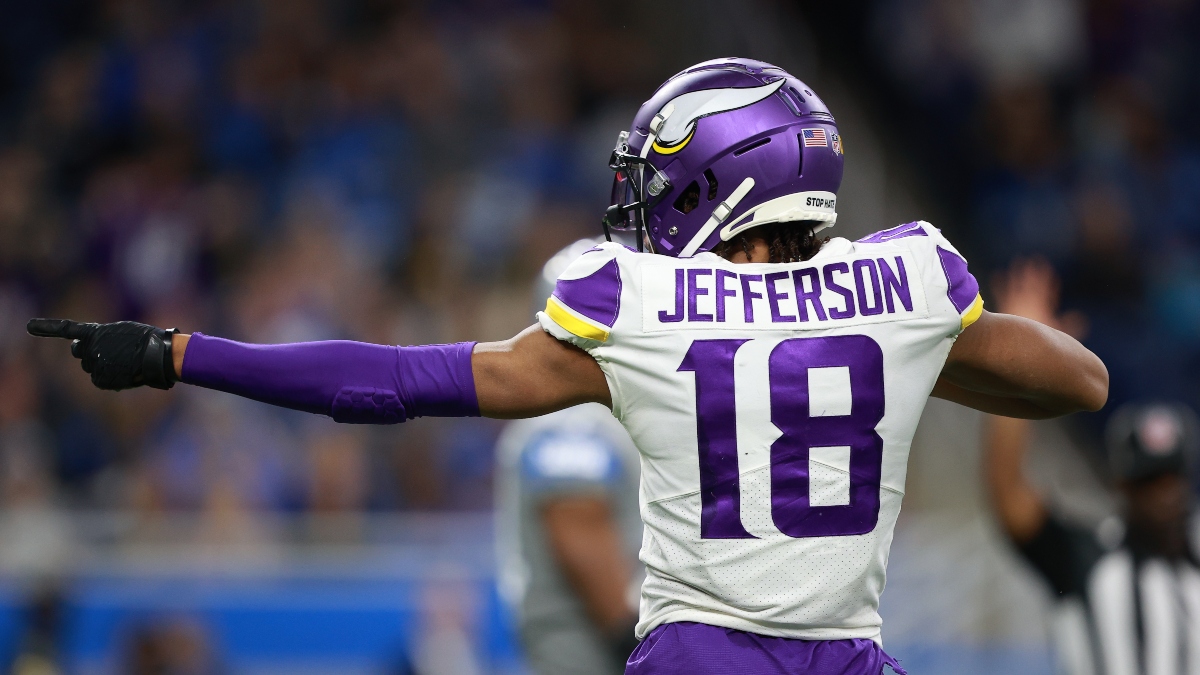Minnesota Senate to Vote on Sports Betting Bill Opposed by Tribes
Rey Del Rio/Getty Images. Pictured: Vikings WR Justin Jefferson
The Minnesota Senate is slated to vote on sports betting, but there's more work to be done even if the vote passes.
On Thursday, the Senate Committee on Finance voted 5-4, to advance HF 778 to the Senate floor, which would legalize retail and online sports betting under the control of native tribes and race tracks.
Tribes are staunchly opposed to any version of sports betting that doesn't give them a monopoly on licenses. In a letter sent yesterday, the Minnesota Indian Gaming Association urged the Senate Committee to advance a version of the bill passed by the House last week, which excludes race tracks.
"It's important to get this going and get folks around the table," said Committee Chair Sen. Julie Rosen, alluding to the inevitability of a conference committees if both chambers ultimately pass different versions.
Senate Against Monopoly
Sen. Roger Chamberlain, who amended the bill to include the racetracks, said he'd like to see more than one group control all of the action.
“You have to have a viable market in the sense of choices for the consumer," Chamberlain said. "We can’t just have maybe two licenses in the state and maybe hope for others. You need to have a healthy market of different odds and different prices.”
For years the state's native tribes have blocked any efforts to legalize that would not have given them 100% control of sports betting.
The rest of the Senate isn't exactly open to it though. Earlier this week, Senate Majority Leader Jeremy Miller said his support is contingent on the horse racing industry being involved.
With the Senate not on board with tribal exclusivity and their legislative session ending Monday, lawmakers may have to try again next year.
$20-$30 Million in "Out Years"
The bill is estimated to bring the state $5.6 million in tax revenue in 2024 and $12.8 million in 2025, according to a fiscal analysis.
Annual revenue would grow to between $20 million and $30 million in "out years" once the market matures, said Jay Willms, a senate fiscal analyst.
It imposes a low-end 10% tax rate on operators, with funding split between charitable gaming, sporting event promotion and mental health services.
"Wait 'til Next Year"
Sen. John Marty represented the four Senators who voted against advancing the bill.
He took issue with the small number of committee hearings it got in the Senate, despite it clearing eight hearings in the House.
"I think we should wait til next year," he said before motioning to send the bill back to a previous committee, which would have likely killed it. His motion failed on a 4-5 vote.
How would you rate this article?

